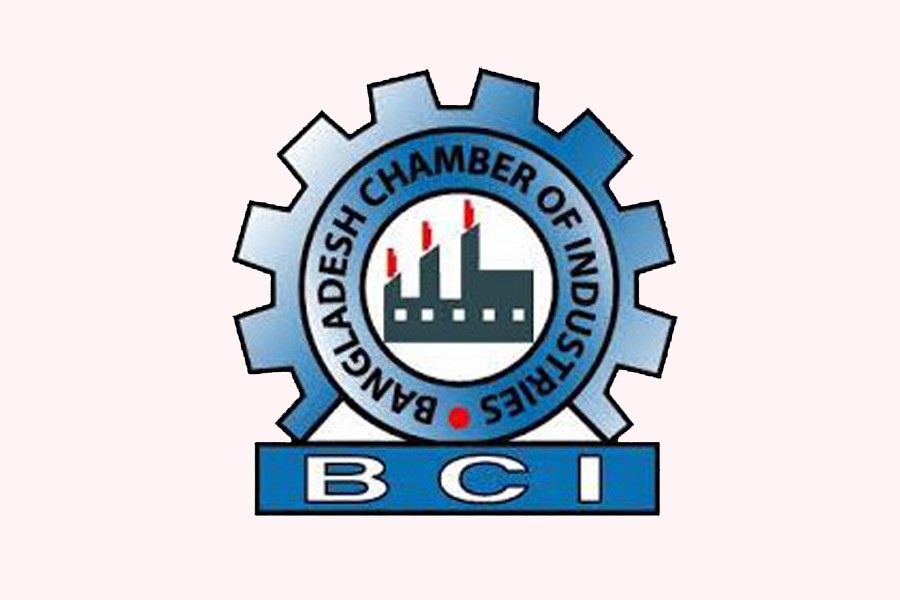Terming the proposed budget for the next fiscal year a promising one, Bangladesh Chamber of Industries (BCI) on Friday said the government will face challenges while implementing it.
"The government will have to face major challenges while implementing the proposed budget announced with a high growth rate estimation during this (pandemic) period," the BCI said in a statement.
It hailed the government for declaring a welfare-oriented budget for the fiscal year 2021-2022, prioritizing the public needs despite several challenges and limitations.
The trade body hailed the proposal for encouraging employments of third gender individuals to a company with tax exemption.
It also welcomed the proposal for tax exemption of 20 years for local automobile industry, and 10 years for home appliances, agro processing & light engineering industry, which the BCI believes to be the reflection of its budget proposal.
"BCI believes the proposed budget is local industry and private sector-friendly," it said.
However, it requested the government to reduce the tax rate of 37.5 per cent on imports of capital machinery.
The BCI leaders also recommended continuation of the proposal to reduce corporate tax for next three budgets that has been proposed to decline by 2.5 per cent in the FY 2021-2022.
They demanded total exemption of Advanced Tax on imports that the finance minister proposed to reduce to 3.0 per cent from 4.0 per cent.
The BCI leaders acknowledged the proposal to reduce tax rate from 0.50 per cent to 0.25 per cent on Tk 30 million turnover. However, it requested to raise the turnover floor to Tk 40 million.
Considering the increased living expenses for the people, the BCI called for raising the ceiling on taxable income to Tk 0.4 million from existing Tk 0.3 million.
It requested the government to review 15 per cent tax on private universities, medical colleges and engineering institutes, which the BCI mentioned as non-profit organizations and said the decision would increase the cost of higher education in the country.
It hailed the government's plan to increase the coverage of social safety nets, as well as attempt to mobilize the industrialization and employment generation.
The government aimed at revenue collection of Tk 3.89 trillion including Tk 3.3 trillion through the National Board of Revenue.
"It will be difficult to achieve the high target of revenue collection during the current (pandemic) situation; we would like to request the government to provide a clear guideline for revenue collection," the BCI said.


